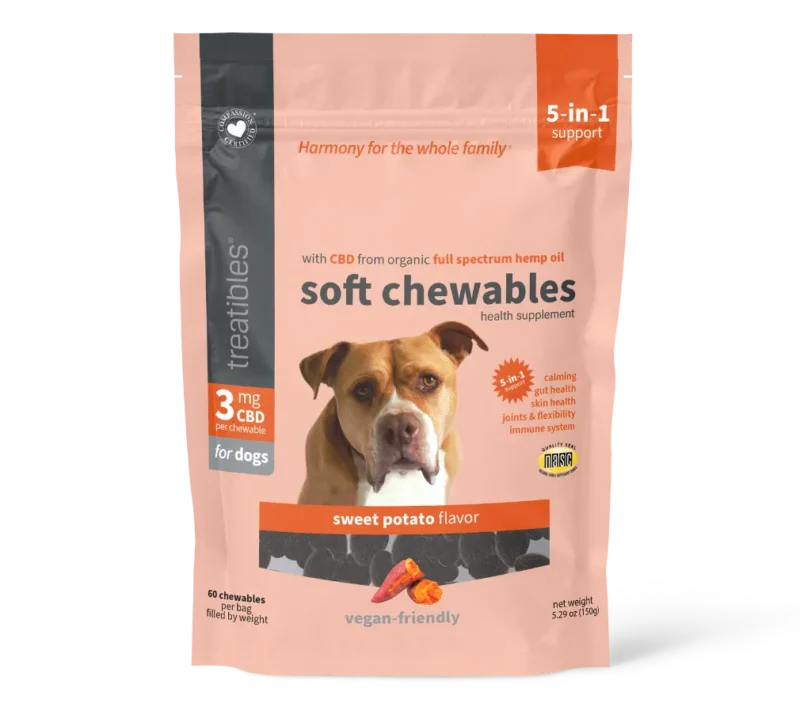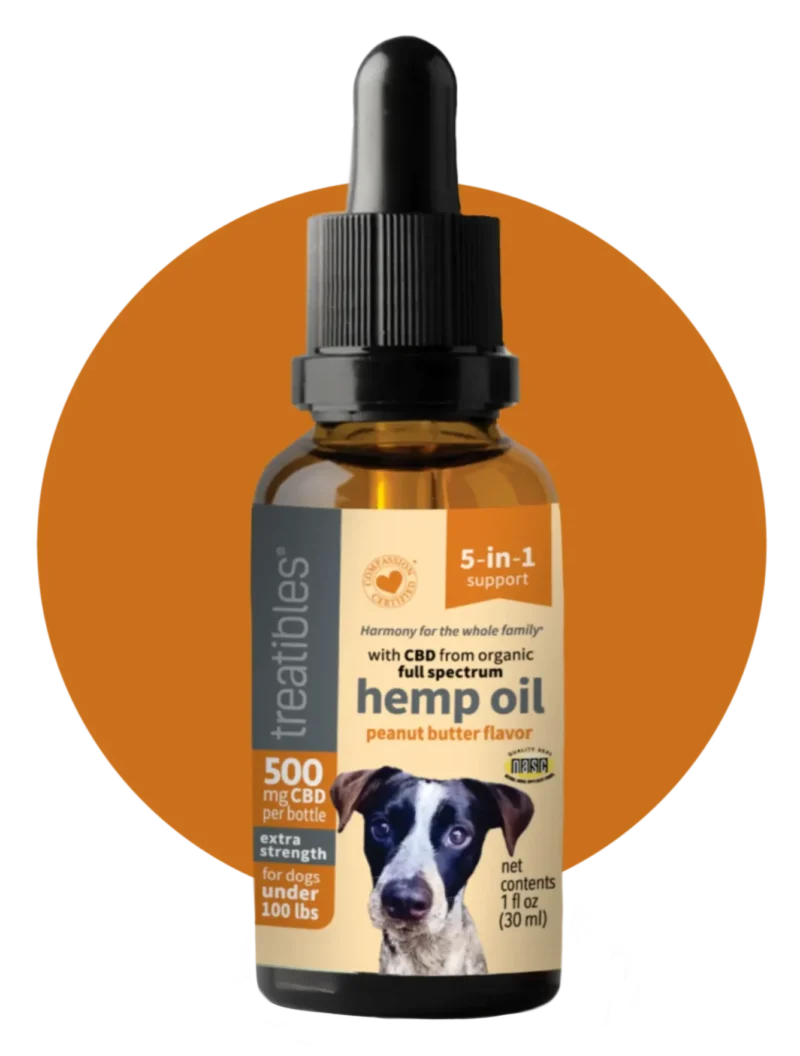If your pet starts to choke or suffers an injury, do you know what to do? If the answer is no, you are not alone. That’s why the American Red Cross designated April as National Pet First Aid Awareness Month.
Learning basic skills about providing emergency care for your fur baby can greatly impact their comfort and in some cases, survival after an accident or incident.
We’ve compiled some first aid for pets resources and tips:
Cat and Dog First Aid Training
The American Red Cross offers a 35-minute online first aid course developed specifically for cats and dogs. Pet parents are taught everything from the basics – like how to check a pet’s vital signs – to what to do in critical situations, including breathing and cardiac emergencies, wounds, bleeding, seizures and more. The course fee is $25. Register here.
The organization also offers a free pet first aid app (available on the Apple App Store and Google Play Store). It is quite comprehensive and offers information on how to respond to a variety of situations, like allergic reactions, bleeding, bloat, burns, choking, eye emergencies, frostbite, poisoning, wounds and so much more. It even has step-by-step instructions on how to administer CPR and links to videos.
Prepare a First Aid Kit
A well-stocked pet first aid kit should be portable and include the following:
- Small bottle of povidone iodine
- Bottled water for flushing wounds
- Saline solution to flush debris out of eyes
- Cotton pads and cotton balls
- Sterile non-stick pads and bandages
- Compresses
- Small scissors
- Styptic powder to stop bleeding from nicks and cuts
- Treatibles Topical Cream to apply to cuts, scrapes, bites
- Treatibles high potency hemp CBD oil (we recommend either the 250 mg CBD or 750 mg CBD bottle) to administer to your pet to help keep them calm and ease any discomfort
- Antihistamine for allergic reactions
- Towel
Prevention Is The Best Medicine
- Have a list of emergency contacts, including your veterinarian, a 24-hour emergency veterinary hospital closest to you and either ASPCA’s Poison Hotline 888-426-4435 (consultation fees may apply) or the number for poison control in your area. You may want to store this list in your phone and place in a prominent place on the refrigerator.
- Keep household cleaners, laundry pods, dryer sheets, items that can cause intestinal blockages like strings, yarn, clothing items (we all know dogs who have snacked on socks and/or underwear), toxic foods including chocolate, xylitol, raisins, grapes, macadamia nuts, etc. out of your pet’s reach.
Steps To Take During An Emergency
Above all else, remain calm.
- Remove any threats from the area, like broken glass
- If your pet is choking – try to remove the lodged item and perform CPR, if necessary
- If your pet is bleeding – compress the wound, clean it
- Check for breathing, start CPR if needed
- Check vital signs
- Check for broken bones
- Call your vet and follow his/her directions
Want to learn more about how Treatibles products can benefit your pet? We invite you to visit Treatibles.com. Questions? please email or call us at (707) 992-0854, Monday – Friday, 9 am – 5 pm PT.


